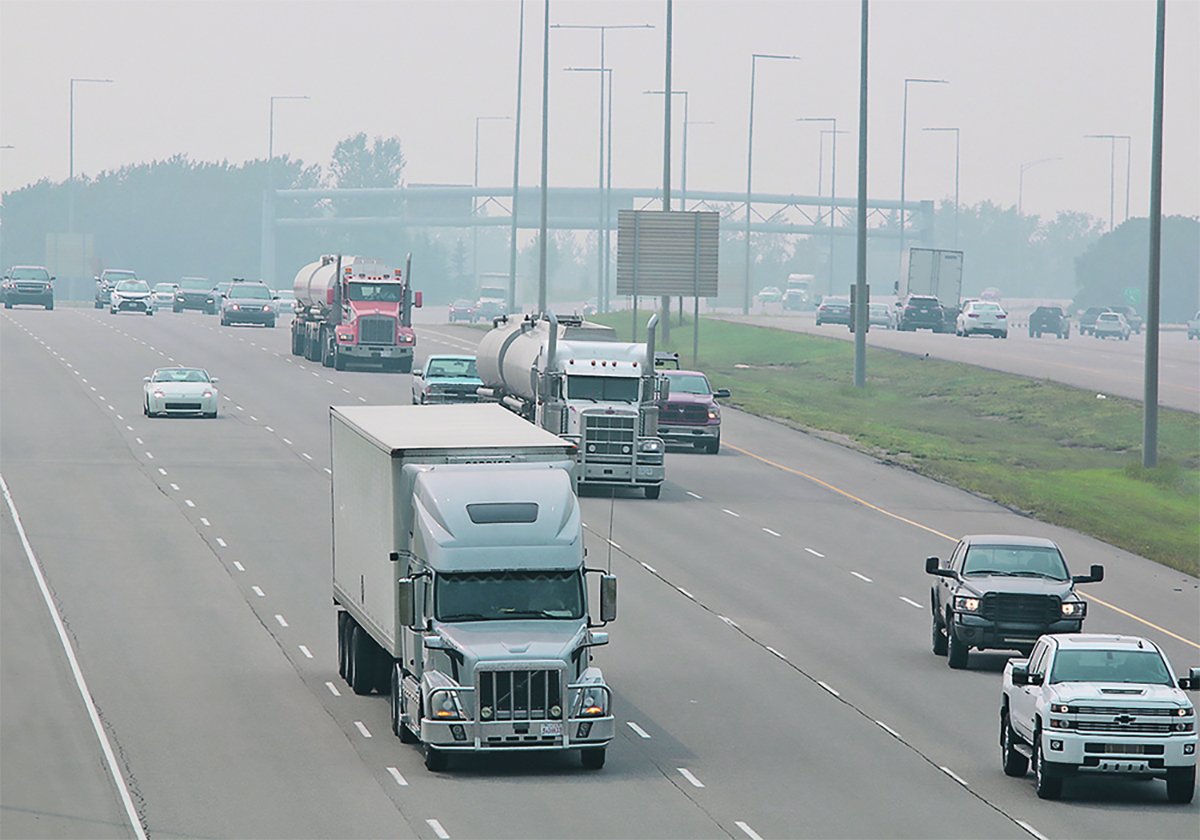For those who wished to avoid the legal obligations of marriage, living together common law was once an option. But legislation relating to husbands and wives has changed and today, legally speaking, common-law unions are the same as marriages, including same-sex marriages.
The law regards the spousal relationship as one of the most important legal relationships. Here are some of the main areas of the law that govern that relationship:
Wills: Under the Wills Act, a will becomes invalid upon marriage or upon someone being in a common-law relationship for two years or more, unless the will has been made in contemplation of that spousal relationship. That is because entering into a spousal relationship changes the legal obligations.
Read Also

Alberta cracks down on trucking industry
Alberta transportation industry receives numerous sanctions and suspensions after crackdown investigation resulting from numerous bridge strikes and concerned calls and letters from concerned citizens
Dependents Relief Act: By definition, your spouse, whether married or common law, is a dependent in your estate, and is entitled to be provided for when you die. If nothing is left in a will for a spouse, application can be made under the Dependents Relief Act for a portion of the estate.
Family Property: Under the Family Property Act in Saskatchewan, property owned by a couple is theirs jointly, and each is entitled to an equal division of it. There are exceptions and exemptions from that premise, but that is the general starting point.
Homesteads Act: This act ensures that spouses who are not one of the registered owners of the family home are informed of, and consent to, the sale, lease, or mortgage of the family home.
Pensions: The Pension Benefits Act and other pension legislation require sharing of a spouse’s pension benefits with the other spouse upon death or marital breakdown.
Income Tax Act: It has many provisions relating to spouses, including spousal rollovers, spousal trusts and provisions for deductions for dependent spouses.
Support: Spouses are in some situations obliged to provide support for the other spouse upon the breakdown of the spousal relationship.
Criminal matters: There is special treatment of the spousal relationship in the Criminal Code. For example, the charge as failing to provide the necessities of life, a charge most often relating to children in a person’s care, can also be possible when one spouse fails to provide for the other spouse, in a situation where one is physically dependent on the other. Many other provisions in the Criminal Code have special aspects to them where a spousal relationship exists.
Civil actions: The Evidence Act provides that, in most cases, spouses may refuse to disclose a communication made to them by the other spouse during their spousal relationship.
These are some of the important legal implications of entering into a spousal relationship.
Many people who enter into a common-law relationship are not aware that they are becoming the equivalent of a married person.
In terms of the community of property and estate obligations, which an individual assumes in entering a spousal relationship, the only way to depart from those obligations is for the spouses to enter into a prenuptial agreement or interspousal contract.














